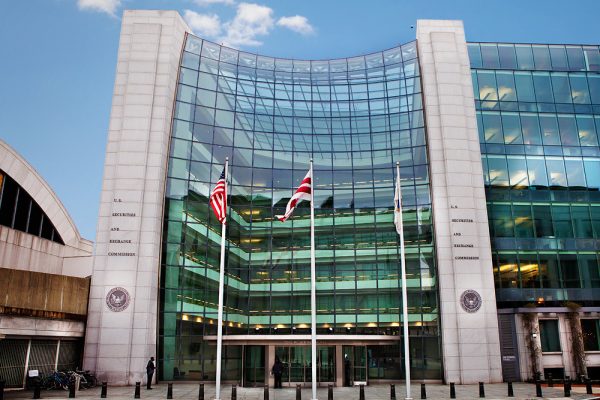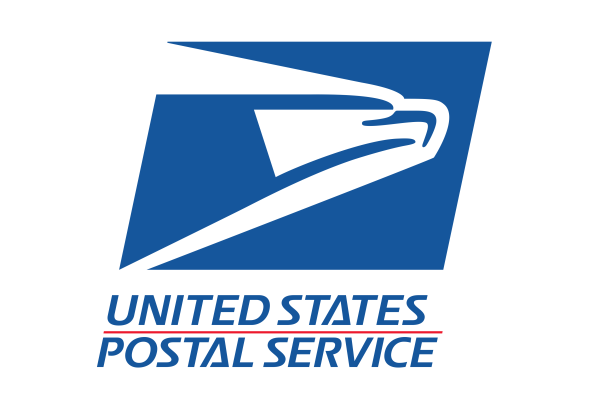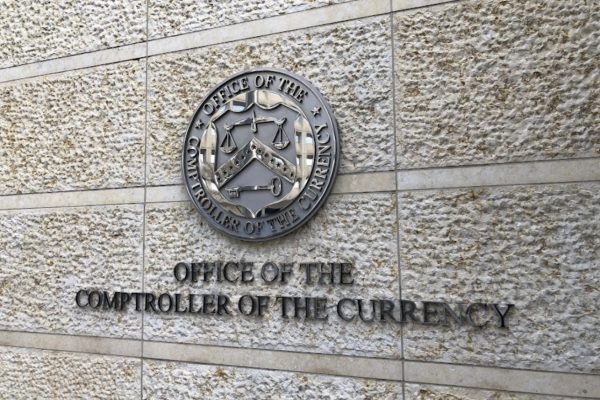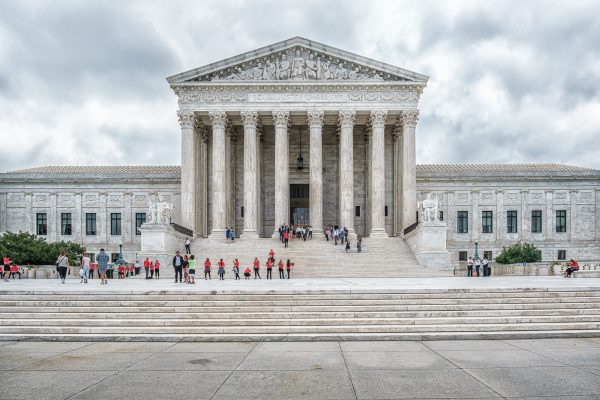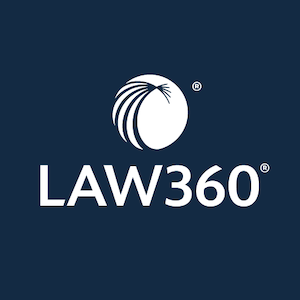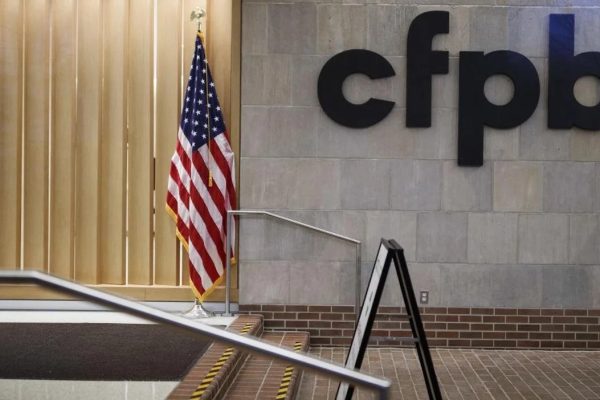Letters to Congress: Urging Action on $5 Trillion Exempt Offerings/Private Markets
Americans for Financial Reform today wrote to the House Financial Services Committee’s Subcommittee on National Security, Illicit Finance, and International Financial Institutions urging members to rely on existing authority by the Securities and Exchange Commission (SEC) in order to gain more transparency into the $5 trillion private markets (“exempt offerings” under SEC Rule 144A and Reg D) to address national security concerns.

